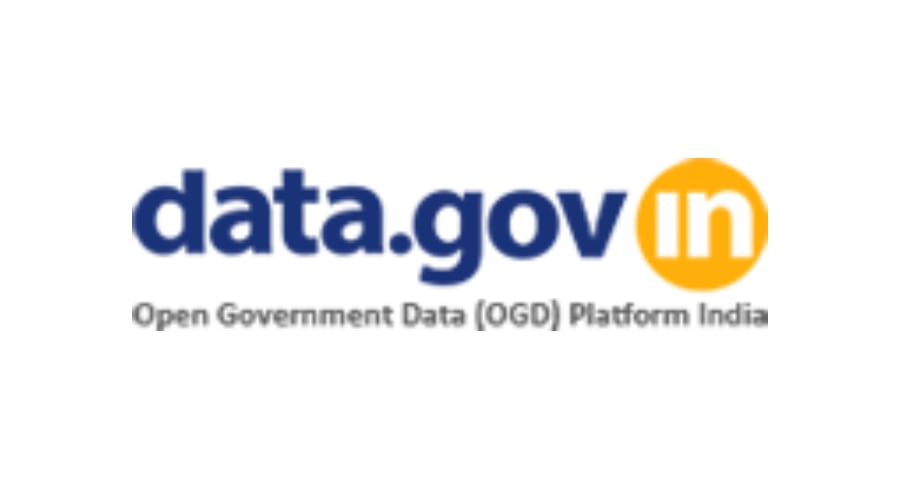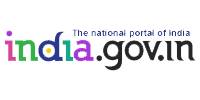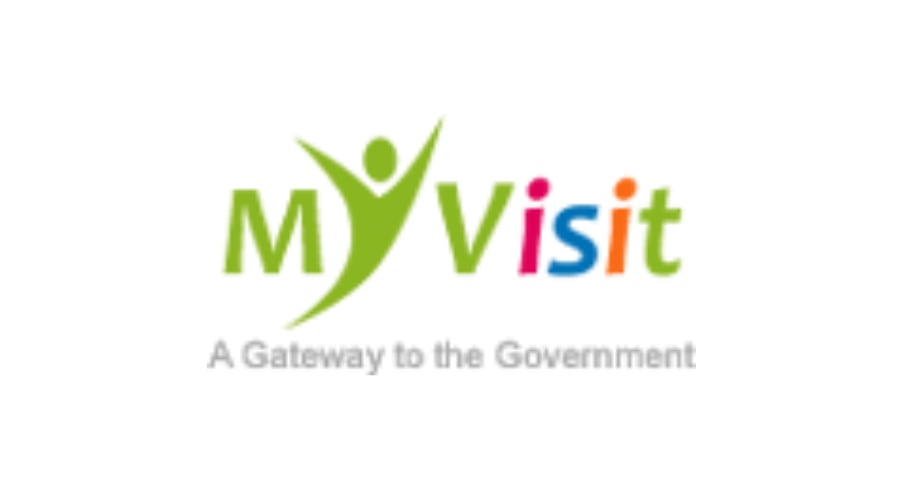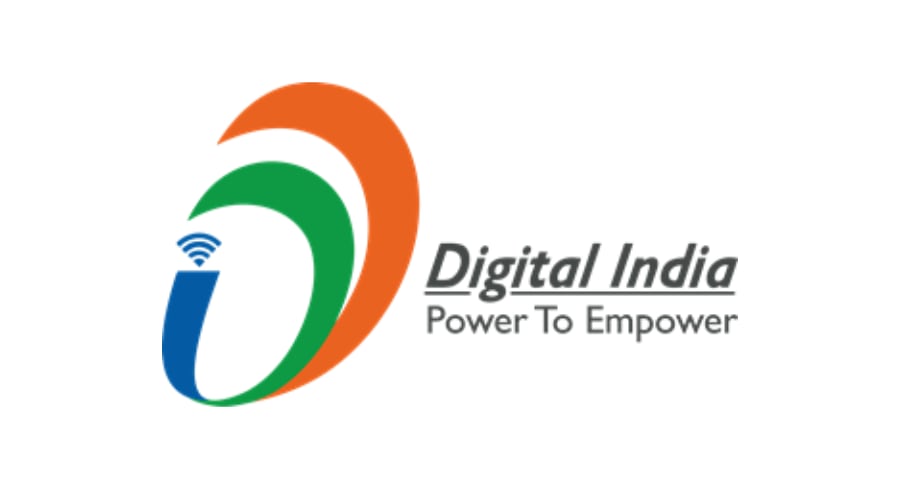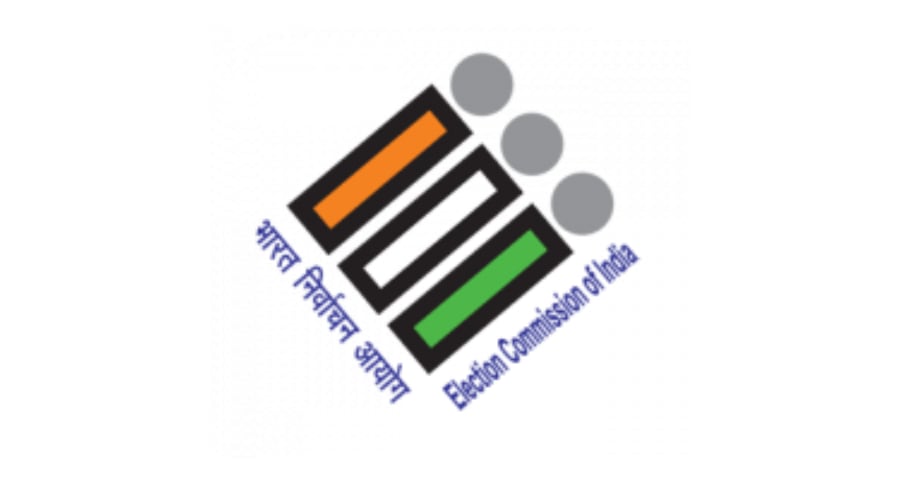Non Farm Livelihoods

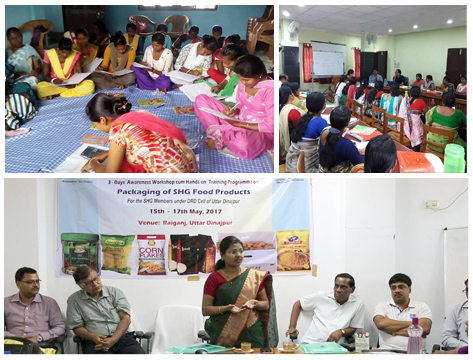
INTRODUCTION
WBSRLM works to eradicate poverty in the rural Bengal by mobilizing women from rural poor HHs into SHGs and higher order institutions, their capacity building, providing access to institutional credit, skill development and providing marketing channels.
It is the firm belief of WBSRLM that for rural poor to come out of poverty, the rural poor HHs needs to have multiple livelihoods portfolio. In this regard WBSRLM since its inception has designed, planned and intervene in nonfarm related livelihoods domain for rural poor HHs with equal vigor as farm livelihoods.
Non Farm Livelihoods Intervention
Start Up Village Entrepreneurship Program (SVEP):
The Start-up Village Entrepreneurship Programme (SVEP) is a special project to promote enterprises in rural areas. It is currently being implemented at 9 Blocks. Till date more than 8833 enterprises have been supported under the program and implementation at additional 7 blocks are in pipeline. The unique feature of the program is that it creates an ecosystem for promoting enterprises by establishing ‘Block Resource Centre’ (BRC) which not only promotes new enterprises but also provides necessary support to entrepreneurs to realize its growth potential. In the year 2022-23, WBSRLM intends to start SVEP in another 7 Blocks in the state.
Aajeevika Grameen Express Yojana (AGEY):
Aajeevika Grameen Express Yojana is a scheme for providing financial assistance through CIF (Interest free loan) to Sangha Cooperatives for procurement of vehicles which can be utilized for different income generation activities. Total 171 vehicles have been approved so far for different Sangha Cooperatives.
Skill Development Training to SHG Members:
One of the major intervention of WBSRLM in the Non Farm related Livelihoods domain is providing Skill Development Training to the SHG members for the them to add new livelihood portfolio. Apart from providing new skills to SHG members, need based training to complement their existing livelihoods like design development, packaging etc are also continuously imparted. To reach out to as many SHG members as possible for imparting Skill development training, WBSRLM has partnered with RSETI under project UNNATI. So far 1031 SHG members have been trained under project UNNATI during the financial year 2020-21 & 2021-22.
Government Procurement:
With the objective of bringing more economic opportunities for the SHG members, WBSRLM has initiated convergence program with various line departments of Govt. of West Bengal as follows::
Convergence with School Education Department, GoWB
The convergence of Anadadhara (NRLM) with Samagra Shiksha Mission with the tailoring and supply of school uniforms of the students by the SHG members is a unique example of successful livelihoods development of SHG women in West Bengal. The objective of this initiative was to create a beneficial situation in physical and financial terms for both the organisations under active supervision of Govt. of West Bengal. Presently there are 2774 sanghas out of 3345 sanghas of West Bengal are involved with this convergence activity. 63.94 lakh students are provided with school uniform in 51572 schools by the SHG members covering all districts and making the volume of business of Rs. 383.65 crore in 2019-20.
Supply of Ready to Eat Nutrimix food to the ICDS Beneficiaries
In convergence with Women and Child Development & Social Welfare Department, SHG institutions are going to be involved in supply of Ready to Eat food to ICDS centres for the children of age group of 6 months to 6 years, malnourished children and 11 years to 14 years school dropout girls. The scope of business is Rs. 218 crore per annum.
Hospital Diet Supply & Canteens establishment
Hospital Diet Supply by SHG members to patient at Rural Hospitals are some of the Success story of this initiative. 482 SHG institutions are engaged in supply of cooked diet to the indoor patients of the Govt. hospitals and the annual turnover is 108.71 lakh in 2019-20.
In all the districts and most of the blocks the SHG institutions have established canteens at District Administration office and Block office. These SHG institutions are also involved in catering services for most of the Govt. programmes held at district and block levels. Total 733 SHG institutions are involved with this activity and annual turnover is Rs. 73.54 lakh in 2019-20.
Establishment of Srishtishree (Urban haat of Rural Bengal):
WBSRLM has taken a marketing initiative by opening a multi-storeyed permanent marketing hub, Srishtishree for women Self Help Groups to showcase, promote and sell their handmade products. The hub is located at Dhakuria, adjacent to Dakshinapan Shopping Complex having 25 Stalls with all modern facilities of shopping mall, managed by 23 districts with wide visibility.
The uniqueness of Srishtishree is that the women belonging to the SHGs who come from the rural and remote areas of the state run the stalls themselves, therefore gaining great exposure to larger markets and professional retail experience. Srishtishree opens all days in a week from 11am to 7 pm.
One Stop Facility Centre (OSFC):
OSFC is envisaged as a business facilitation-cum-incubation centre at the Block level to provide business development services to existing small-enterprises on a growth track. It will also support new enterprises that have the potential to grow. Under the program WBSRLM plans to Support 3300 enterprises in 22 Blocks in the FY 2022-23.
Cluster Development:
WBSRLM has partnered with Technical Support Agency, Foundation for Development of Rural Value Chain (FDRVC) to establish Mat Weaving cluster at Purba Medinipur District and Hand Embroidery Cluster at North 24 Parganas District with an aim to register both cluster under Company Act for sustainable business opportunity for the Artisans engaged in the respective trade. All together, this intervention will benefit around 800 artisans earn sustainable livelihoods through institution owned by themselves.
In 2022-23 additional four clusters development are in plan.
Incubation Centre:
WBSRLM has also partnered with Indian Institute of Management Calcutta- Innovation Park (IIM-CIP) to start an incubation support for high potential enterprises (owned by SHG members) to realize its growth potential. Under the project, IIM-CIP will select and handhold 150 enterprises.
Way Forward
Micro Entrepreneurship Development (MED):
Apart from already (above) mentioned program where WBSRLM will continue its engagement to bring more SHG members in the Nonfarm livelihoods domain, from the FY 2022-23 WBSRLM will initiate Micro Entrepreneurship Development Program (MED) to cover entire state with dedicated Non Farm Livelihood Development Program to support rural entrepreneurs. The Aim of the program is to develop dedicated nonfarm livelihood community professionals and institutions to continuously support the promotion of newer enterprises in all the Gram Panchayats of the state. For this WBSRLM will train and develop 5804 Community professional equipped to provide necessary support to aspiring rural entrepreneurs (SHG members).
Marketing:
WBSRLM since its inception is providing marketing support to SHG members by 1. Organizing national level SARAS fair at Kolkata and Siliguri 2. Participating at National Level SARAS fair organized at different states of the country, 3. Establishishing dedicated marketing outlet for SHG products( Karmatirtha- Rural haat and Shristhree – at Kolkata).
With plethora of products developed by SHG members, it is observed that growth of the enterprises at rural areas will not be realised by rural consumption alone. The transformational change will only come when products travel to urban areas and also there is a exchange of product produced in rural areas. In this regard, WBSRLM in the FY 2022-23 will strive to streamline marketing of SHG products by establishing marketing outlets at all districts and blocks with well established distribution channel. Further it aims to also have dedicated app based ecommerce portal for marketing SHG products.
As seen from our experiences todate, the extent of growth of rural enterprise that can be achieved by addressing rural consumption is limited. The transformational change is when the rural enterprises will be able to sell to Urban India and help channel funds to the rural economy, which will boost the local economic development in that specific region.



 Training Management
Training Management
